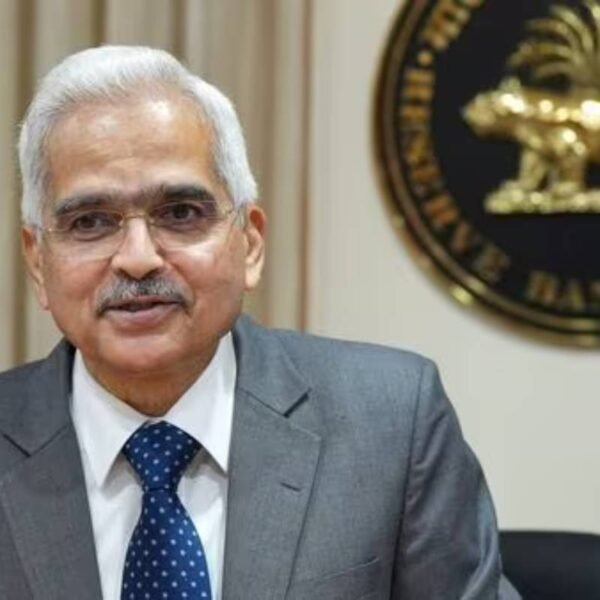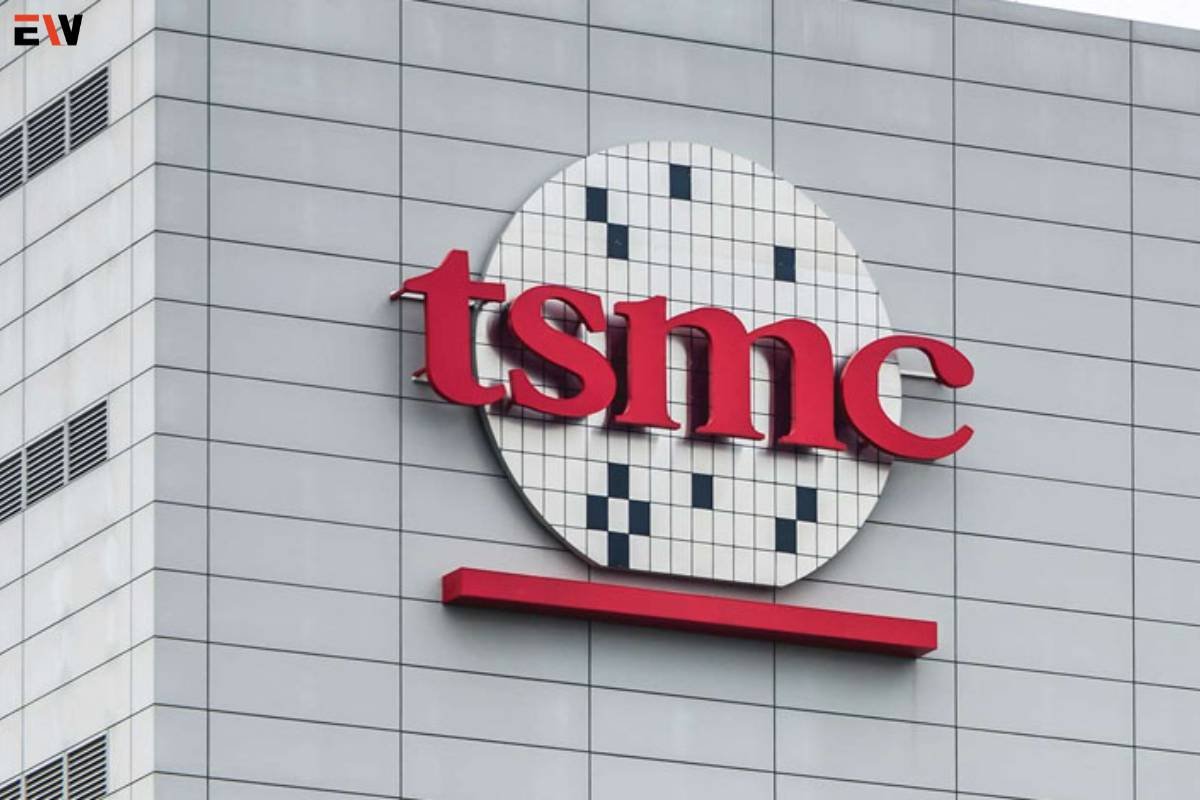Source- Business Today
In a significant move echoing recent trends in the tech industry, Riot Games, the developer behind hit titles like “League of Legends” and “Valorant,” has announced a substantial reduction in its global workforce. This decision, affecting approximately 11% of its employees worldwide, comes as part of Riot Games’ strategic realignment, deeming the elimination of around 530 roles critical for the company’s future trajectory.
Strategic Imperatives: Riot Games’ Necessitated Workforce Restructuring
Owned by the Chinese tech giant Tencent, Riot Games disclosed this major workforce reduction in a memo to its employees. The company cited spiraling costs and unproductive investments as key factors driving this decision. CEO Dylan Jadeja emphasized the imperative to focus on aspects that deliver the most player value, acknowledging the decision as a regrettable but essential step. This move underscores the challenges faced by tech companies in balancing growth with financial sustainability.
Riot Games’ staff reduction contributes to the broader trend of job cuts in the tech and media sectors, with thousands of layoffs announced by major players in the early weeks of 2024. Notably, companies like Google and Amazon have already witnessed sweeping layoffs. Riot Games’ decision aligns with an industry-wide reassessment of operations and expenditure, reflecting the evolving dynamics of the tech landscape.
Background and Acquisition by Tencent: Navigating Success and Challenges
Acquired by Tencent in 2011, Riot Games is renowned for the success of its flagship title, “League of Legends.” However, the company faced calls to diversify its portfolio beyond this cultural mainstay. Co-founder and chairman Marc Merrill, in 2019, outlined plans to branch out with a range of new titles. Despite these ambitions, Riot Games now acknowledges potential overextension, leading to a lack of focus on core business elements.
CEO Dylan Jadeja, in the memo to employees, provided insights into the company’s growth trajectory since 2019. Riot Games aggressively pursued new avenues for expansion, including a global footprint, changes in operating models, talent acquisition, and doubling the size of the company within a few years. The unintended consequence, as stated by Jadeja, is a lack of sharp focus and too many concurrent initiatives.
Operational Adjustments: Streamlining Focus on Core Games
As part of the restructuring, Riot Games will reduce the team size for “Legends of Runeterra,” an online card game, acknowledging its development costs being subsidized through other games. Additionally, “Riot Forge,” a publisher working on new games within the “League of Legends” world, will be wound down. This streamlining aims to refocus efforts on Riot Games’ core titles, ensuring a more concentrated and effective approach to game development.
These internal changes at Riot Games coincide with broader developments in China’s gaming industry. Notably, China’s gaming regulator removed draft rules aimed at controlling spending in online video games. The anticipated rules had caused a significant dip in the market value of Chinese tech giants, impacting Tencent among others. The removal of these rules has led to speculation about potential revisions in gaming regulations.
Market Response: Tencent’s Share Surge and Future Outlook
Following the news of regulatory changes, Tencent’s shares, along with Chinese rival NetEase, experienced significant gains in Hong Kong. This positive market response indicates investor optimism about potential revisions to gaming regulations, providing relief to major players in the Chinese gaming industry.
In conclusion, Riot Games’ decision to restructure its global workforce reflects the broader challenges faced by tech companies in navigating growth, diversification, and financial sustainability. The industry will closely watch Riot Games’ strategic adjustments and their impact on the company’s future trajectory.









